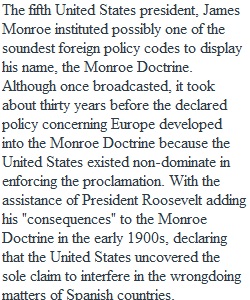


Q Please answer only one question (250 words minimum) and respond to two other posts (50 words minimum for participation point-- 100 to 150 for content points)! Discussion Questions: 1. Describe the new state constitutions, and discuss the ways in which they reflected the fears and concerns among Americans that had been fostered by the controversy with Britain. 2. The historian Frederick Jackson Turner argued that the American frontier was a “safety valve” that, by siphoning off surplus population from settled areas and providing families with land and employment, reduced social and political conflict. Does the history of the West during the Confederation period confirm or disconfirm Turner’s “frontier thesis?” 3. To what extent did the American Revolution effect a fundamental change in American society? How far had Americans gone by 1790 in fulfilling the ideal of equality? What limited the pursuit of full equality in the new nation? 4. What concepts of equality directed the actions of revolutionary leaders? Why did they stop short of extending equality to a full range of all Americans? What goals of equality did they pursue? 5. “The Revolution gave rise to a new sense of social identity and a new set of ambitions among several groups who had once accepted a humbler status.” Explain how that happened by discussing the following groups: westerners, urban artisans, women. 6. Did the Constitution advance or set back the principles of the Revolution? Defend your answer by showing clearly the changes in political philosophy that the Constitution demonstrated. 7. Discuss the major differences between the principles of the Federalists and the Republicans. How was each difference reflected in disputes over specific policies in the 1790s? Of the differences you listed, which do you think was the most important, and why? 8. List three major changes that were produced by the War of 1812. How did the war produce each change you have listed? Of these changes, which do you think was the most important, and why? 9. Compare the approaches to white settlement taken by Black Hoof, the Prophet, and Tecumseh. Which one was the most realistic? 10. What is the concept of judicial review? Trace the evolution of the doctrine under Chief Justice John Marshall. What cases were important in the development of this doctrine? 11. What did the Monroe Doctrine proclaim? In what ways was it a symbol of the new nationalism? 12. Why does the text refer to the War of 1812 as the “second war for American independence?” What events after the war give proof that this war for independence was successful?
View Related Questions